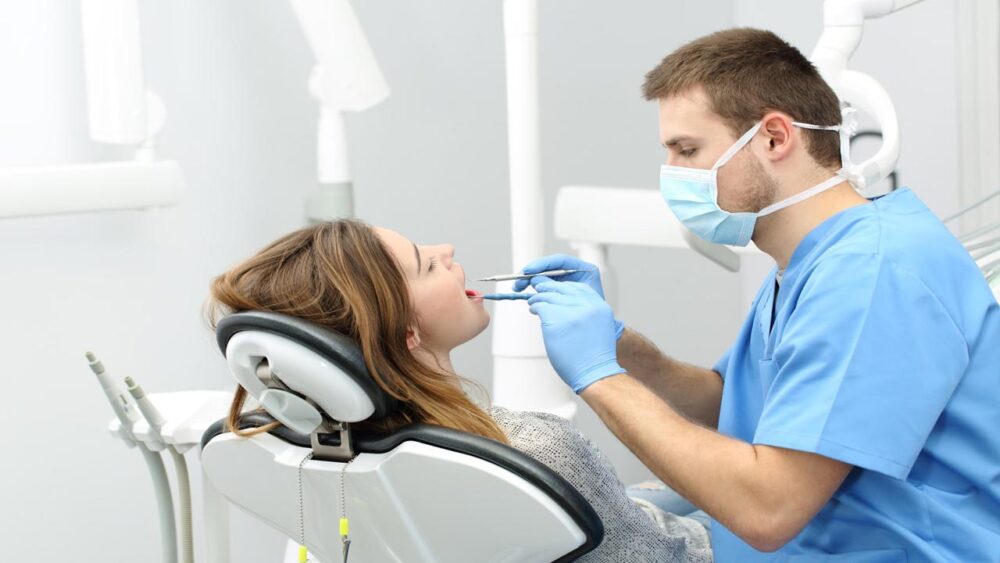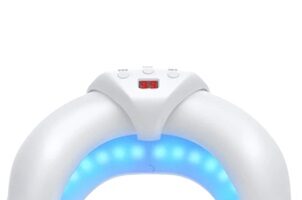Dentistry procedures are no walk in the park for most people. A significant portion of the population is so scared of being in a dentist’s chair that they would rather live with the pain of a dental issue like cavities. Sedation dentistry, or sleep dentistry, is a form of treatment that allows you to be sedated or unconscious during dental treatments. Let’s review this procedure and how it can help you feel more relaxed for your next dentistry in Roslyn appointment.
What Is Sedation Dentistry?
Sedation dentistry is a unique procedure during which you can be sedated as you receive your dental treatments. There are several levels of sedation in which you can be partially conscious or completely asleep. The level of sedation applied to you will depend on several factors, including your personal preferences. Generally, sedation dentistry can come in handy during the following dental appointments:
- Braces fitting
- Tooth cleaning
- Root canals
- Veneers
- Dental implant placement
Types of Sedation Used in Dentistry
Sedation dentistry patients can be partially conscious during their treatments of fully asleep. Essentially, there are four types of sedation used in this procedure. They are:
- Oral Sedation
During oral sedation, a dose is administered orally – usually through a pill – to help you relax for dental procedures. Although your dentist can administer a larger dose to put you into a deep sleep, you will be partially conscious.
- Inhaled Minimal Sedation
Inhaled minimal sedation involves inhaling a combination of laughing gas (nitrous oxide) and oxygen through a mask placed over your nose. This type of sedation is minimal – as the name suggests – so you will usually be able to drive yourself home after the appointment.
- Deep Sedation
Deeply sedated dental patients are usually completely asleep during the procedure. Deep sedation is used in extreme cases where a patient bites or fidgets too much during a dental procedure. Generally, you will be asleep until the anesthetic effects are reversed or wear off on their own.
- IV Moderate Sedation
During this type of sedation, you will receive a sedative drug intravenously through an IV set up by your dentist. Your dentist has discretion over the amount of anesthetic you receive, and they can easily adjust the dose as needed.
Who Qualifies for Sedation Dentistry?
Since you now know what sedation dentistry is, the next step is to determine if it is a suitable option for you. Normally, sedation dentistry is recommended for patients with extreme fear and high anxiety levels that prevent them from undergoing any dental procedures. Below are some of the common conditions that would qualify you for sedation dentistry:
- Need additional dental work
- Have increased teeth sensitivity
- Have a low pain tolerance
- Are unable to feel comfortable during a dental procedure
- Have poor gag reflexes
Who Can Perform Sedation Dentistry?
Generally, many dentists can administer sedation medicine during dental procedures. However, a small fraction of these dentists have fully completed the Commission on Dental Accreditation, CODA program in deep sedation and general anesthesia. The dental boards in each state monitor the administration and quality of sedation methods by dentists.
Conclusion
The main goal of sedation dentistry is to help patients with extreme fear and anxiety feel comfortable and safe during dental procedures. If this describes you, contact ToothDocs in Roslyn by calling our office or using the online tool to schedule an appointment.





